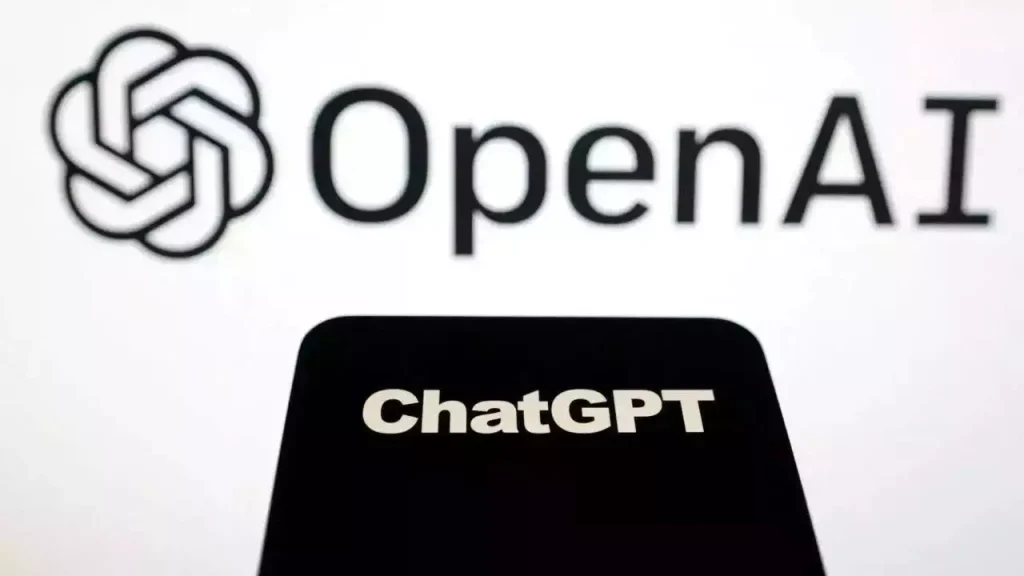OpenAI announced on Wednesday that it has concluded a billion-dollar funding round, solidifying its position as a global leader in artificial intelligence.
Established in 2015 and headed by Sam Altman, the company stated that investors have injected $6.6 billion into OpenAI, resulting in a remarkable $157 billion valuation.
This substantial cash infusion has elevated OpenAI to one of the most valuable privately held tech companies globally, alongside SpaceX and TikTok’s parent company ByteDance.
OpenAI said in a blog post that the new funding will enable them to further their leadership in cutting-edge AI research, expand their computing capabilities, and continue developing tools to assist people in solving complex problems.
Thrive Capital, the primary investor of the round, confirmed the investment. Other investors reportedly include Microsoft, prominent chip manufacturer Nvidia, Tiger Global, and MGX, an investment firm controlled by the United Arab Emirates.
OpenAI has emerged as one of the most successful startups in Silicon Valley history, particularly after the release of ChatGPT in 2022. This app became one of the most rapidly downloaded apps and showcased the potential of generative AI, capable of swiftly producing human-like content in response to simple prompts.

The tech industry views generative AI as a significant innovation, akin to the impact of personal computers or smartphones, with the potential to significantly enhance productivity in both professional and personal settings.
This funding injection arrives at a challenging time for OpenAI, with several key executives departing recently.
Sam Altman’s role within the company expanded after a brief dismissal by the OpenAI board due to management style and rapid product launches. Altman was reinstated after employees revolted, and Microsoft, the company’s largest investor, orchestrated his return. The executives and board members involved in his departure have subsequently left the company.
Reports suggest that the investment round may lead to a restructuring of the company, potentially transitioning it into an official “for profit” firm, aligning with the typical model of Silicon Valley startups.
OpenAI, established as a non-profit in 2015, has operated its revenue-generating division independently and without control over the company. It’s expected that Altman will receive equity in OpenAI through the new fundraising round, potentially making him a multi-billionaire. Additionally, questions surround the involvement of Elon Musk, an initial investor in OpenAI who has sued the company for transforming into a profit-driven enterprise.


